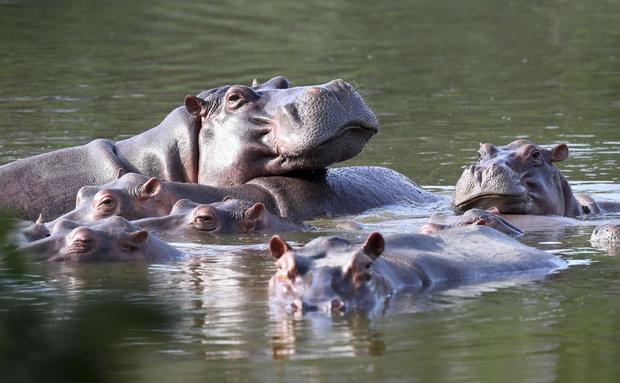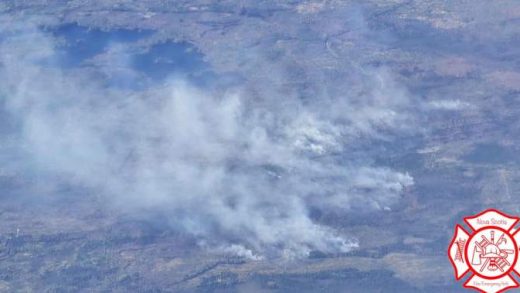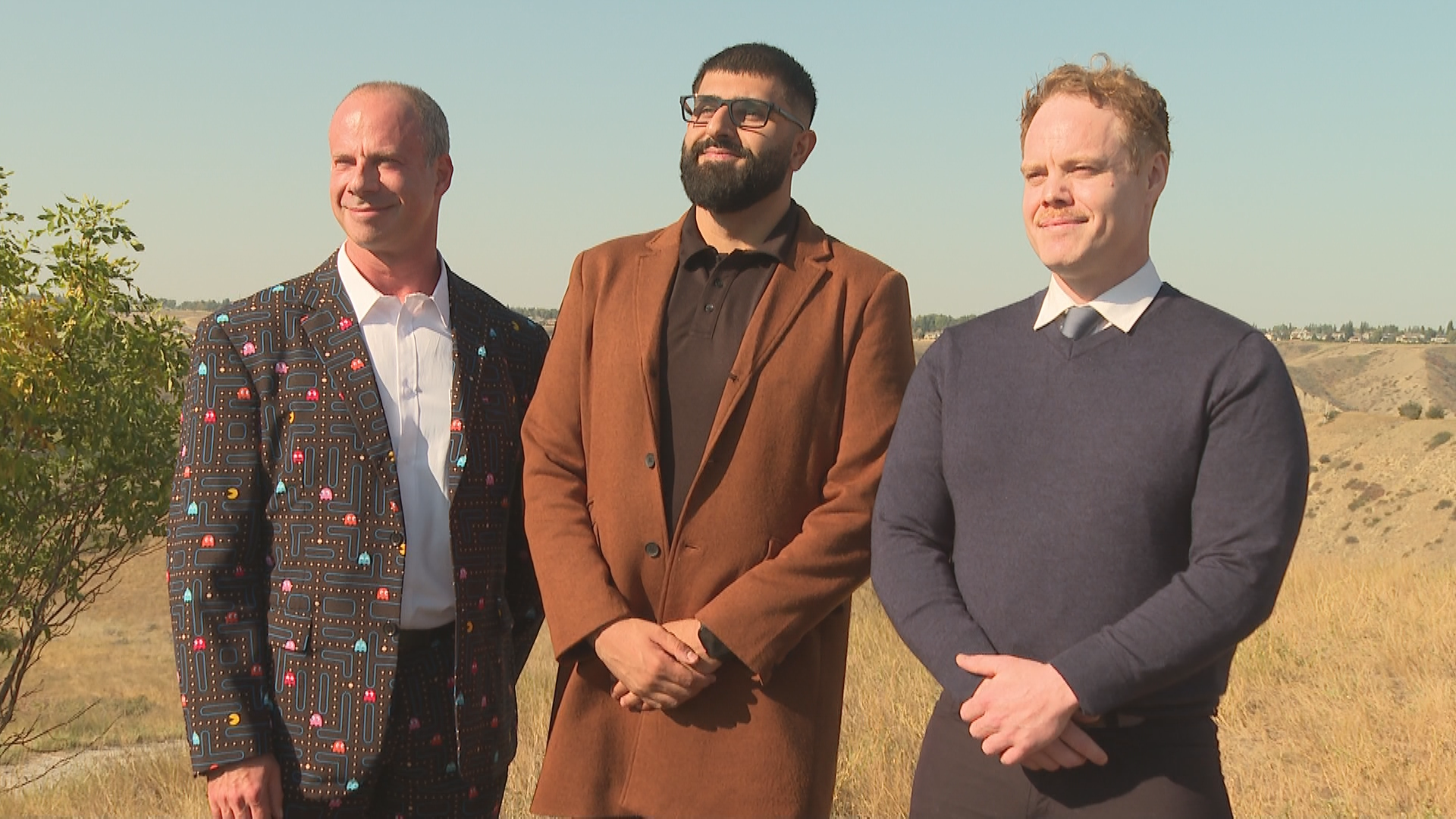Colombia has handed over a chunk of deceased drug lord Pablo Escobar’s ranch, famous for its “cocaine” hippos, to women caught up in the country’s armed conflict, President Gustavo Petro said Wednesday.
Escobar, once head of the powerful Medellin Cartel, was one of the richest men on the planet in the late 1980s, with Forbes magazine estimating his fortune at $25 billion.
His lavish 10,000-acre Hacienda Napoles estate in northwest Antioquia department, which he filled with exotic animals, including hippos, became a symbol of his power and wealth.
After he was shot dead by police in 1993, the state took over the estate and leased it to local authorities, who turned it into a successful theme park, complete with a hotel and zoo.
Petro said that part of the estate had now been handed over to victims of Colombia’s more-than-six-decade armed conflict between left-wing guerrillas, drug cartels, right-wing paramilitaries and the state.
“We have begun to recover the Napoles estate for the victims,” Petro wrote on X, adding that Escobar’s “political and economic heirs wanted to take over the estate.”
The government said that 297 acres of land had been given to local women farmers.
The women received a loan of the land from the local Puerto Triunfo municipality in 2017, but according to the national government, were later evicted by the police.
“I feel very happy because today there are women who have hope, who have land for life,” Millinery Correa, one of the beneficiaries, said in a video shared by the state-run National Land Agency.
Land ownership has been a key driver of Colombia’s conflict.
In May, Petro had asked that Escobar’s estate be included in a land reform program, under which thousands of hectares of land, including some properties previously owned by drug traffickers, be given to rural Colombians.
Tourism companies operating at Hacienda Napoles had protested the plan to break up the estate, pointing to its role in attracting tourists to the region.
Hacienda Napoles is famous for the replica plane that he mounted over the entrance gate — an emblem, since removed, of the planeloads of drugs he smuggled into the United States — as well as its hippo population.
Fernando Vergara / AP
Escobar brought a small number of the African beasts to Colombia in the late 1980s.
After his death the animals were left to roam freely beyond the estate’s boundaries and to multiply. They now number around 150.
Colombia has declared them an invasive species and experts previously said sterilization alone is not enough to control the growth of the invasive species, which is why the government is arranging for the possible transfer of hippos to overseas sanctuaries. But the cost of deporting the hippos is also expensive — an estimated $3.5 million.
The area where they roam is a paradise for the animals who have no predators and ample food and water, CBS News correspondent Manuel Bojorquez reported in 2019. But they’re getting too close to people. It’s not uncommon to spot a three-ton hippo walking around town.



